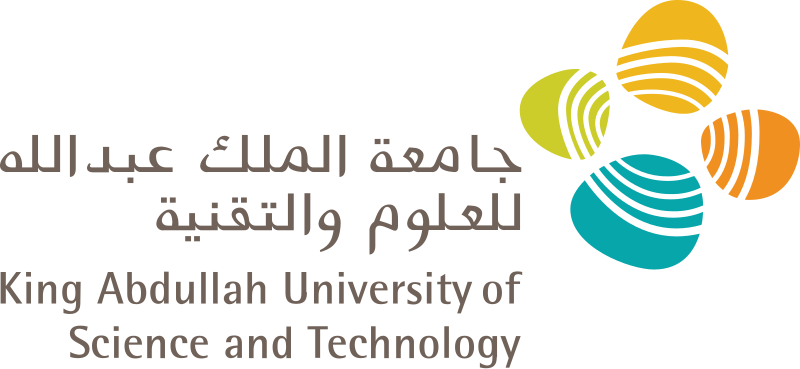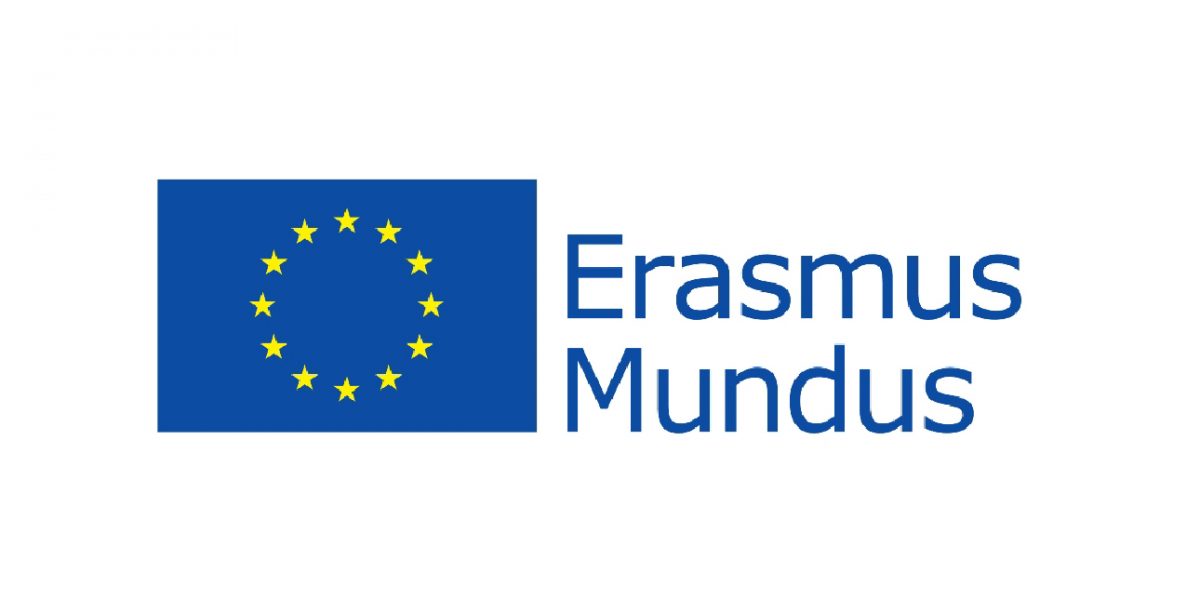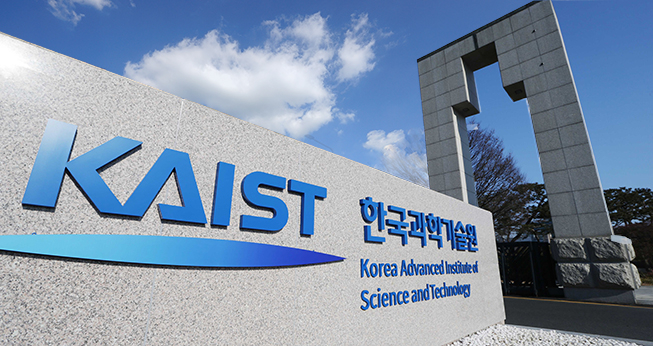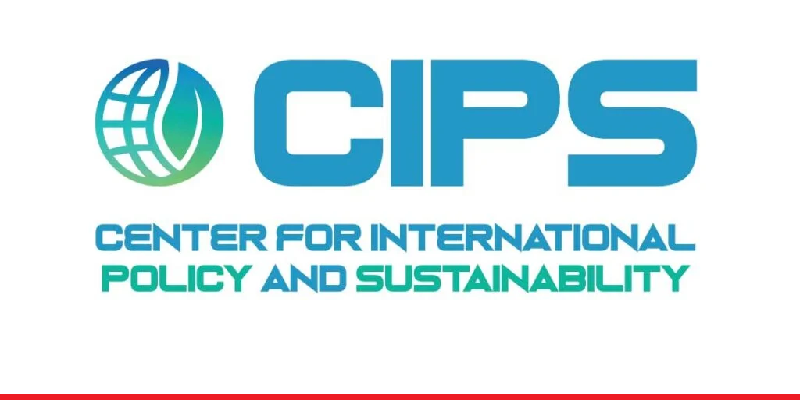
Applying to KAUST - Your Complete Guide for Masters & Ph.D. Programs (Upcoming Admissions)
Admissions Overview & Key Requirements

Starting with the 2026 exam session, many of France's key teacher certification exams will be open to students who have completed their third year of a university degree (a Bac + 3 or bachelor's degree). This is a significant change, as previously a master's degree was a mandatory requirement.
The reform will affect all external recruitment competitions for teachers and senior education advisors in the public sector, with the exception of the "agrégation," which remains a recruitment competition for master's degree holders. The primary purpose of the reform is to professionalize the teaching profession earlier and ensure a higher level of training for new teachers.
The following competitive exams are affected:
In line with this, starting in the 2026 school year, a new specialized undergraduate degree will be launched to prepare future primary school teachers. This program will offer a solid academic foundation and include at least 10 weeks of practical, hands-on experience in schools.
For students who pass the competitive exam, the next step will be a new, professional master's degree. This two-year program is designed to provide comprehensive, professional training and is fully paid.
Upon successful completion of the master's program, students will be officially certified and will become full-time, tenured teachers.
A transitional period will run in 2026 and 2027, during which Bac +5 competitions will still be organized to accommodate students already pursuing master’s degrees.
For all external competitive exams, the new structure will consist of four distinct tests, composed of two written "admissibility" tests followed by two oral "admission" tests.
Under the new system, the bachelor's degree becomes the primary vehicle for preparing for these exams. Instead of students having to prepare on their own or through separate courses after their degree, the preparation is integrated directly into their university studies. Starting in 2025, many university programs will offer specialized modules dedicated to preparing students for the written and oral exams.
Furthermore, beginning in 2026, a new bachelor's degree program specifically for future primary school teachers will be available. This degree will include a mandatory internship period of at least 10 weeks, giving students valuable hands-on experience in schools.
Beyond the external exams, France offers alternative pathways into teaching, which remain unaffected by the current reform:
The Pinnacle: The "Agrégation"
For those aspiring to the highest echelons of secondary and even university-level teaching, the "agrégation" remains the most prestigious and academically demanding competitive exam. Unlike the other exams, the agrégation specifically requires candidates to hold a master's degree (Bac + 5) and is known for its rigorous selection process. Successful candidates become "professeurs agrégés," holding a higher status and often enjoying better remuneration and teaching conditions.
Overall, the reform is part of a broader effort to address challenges in the French education system, including teacher shortages and concerns about the quality of training. By professionalizing the master's degree, the government hopes to make the teaching career more attractive and ensure a smoother transition from university to the classroom.
Share

Applying to KAUST - Your Complete Guide for Masters & Ph.D. Programs (Upcoming Admissions)
Admissions Overview & Key Requirements

Erasmus Mundus Joint Master's 2026 (Upcoming Admissions)
Erasmus Mundus programs are scholarships available to students worldwide, offering fully-funded Master’s degrees to study in Europe!

Registration Opens for SAF 2025: International STEAM Azerbaijan Festival Welcomes Global Youth
The International STEAM Azerbaijan Festival (SAF) has officially opened registration for its 2025 edition!

KAIST International Graduate Admissions Spring 2026 in Korea (Fully Funded)
Applications are open for KAIST International Admissions for Master’s, Master’s-PhD Integrated, Ph.D., and Finance MBA

Young Leaders Union Conference 2025 in Paris (Fully Funded)
Join Global Changemakers in Paris! Fully Funded International Conference for Students, Professionals, and Social Leaders from All Nationalities and Fields

CIPS Youth Future Summit 2026 in Switzerland (Fully Funded Available)
Applications are Open for the CIPS Youth Future Summit in Switzerland for International Young Leaders and Changemakers